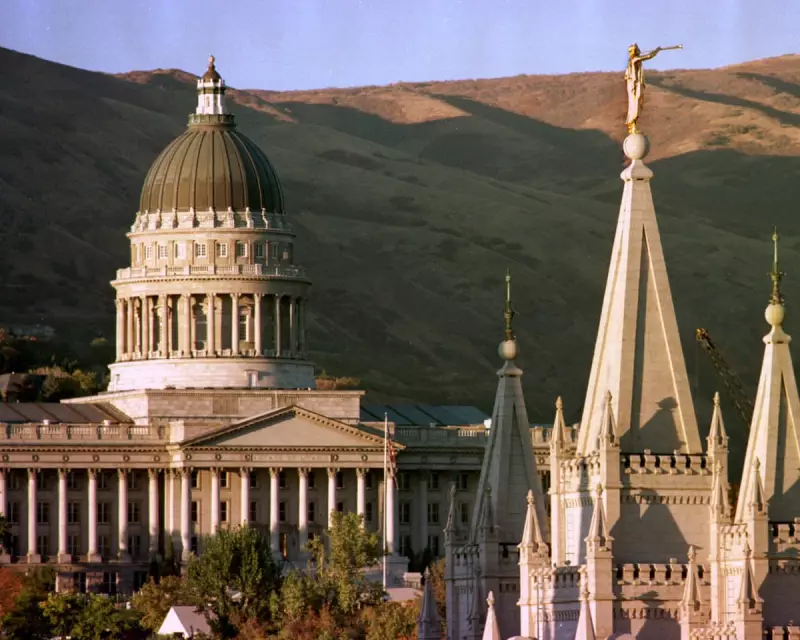
The US Supreme Court has dramatically intervened in Utah's bitter redistricting battle, putting Republican-drawn congressional maps on hold just months before critical elections. The decision deals a significant blow to GOP efforts and signals a potential watershed moment for voting rights across America.
Judicial Freeze Thwarts Republican Plans
In an extraordinary move, the nation's highest court granted an emergency request from voting rights advocates to suspend Utah's controversial congressional district boundaries. The maps, aggressively redrawn by Republican legislators following the 2020 census, faced blistering criticism for allegedly diluting Democratic voting power through extreme partisan gerrymandering.
Salt Lake County: Ground Zero in Redistricting Fight
At the heart of the legal challenge lies Salt Lake County, Utah's most populous and politically diverse region. Critics argue Republican mapmakers deliberately splintered the county's Democratic-leaning neighbourhoods across four different congressional districts. This surgical division ensured Republican dominance in three of Utah's four House seats, despite the party receiving only 58% of the statewide vote.
Constitutional Questions Take Centre Stage
Legal experts note the case raises profound constitutional questions about the limits of partisan mapmaking. "This isn't just about Utah," explains electoral law professor Evelyn Marsh. "The Supreme Court's eventual ruling could establish nationwide precedents on how far states can go in manipulating districts for political advantage."
What Happens Next?
The judicial freeze creates immediate uncertainty for Utah's upcoming elections:
- Election officials must scramble to adjust voting arrangements
- Candidates may need to reconsider campaign strategies
- The court's final decision could force complete redrawing of maps
- National implications for similar gerrymandering cases in other states
Legal analysts suggest the Supreme Court's intervention indicates serious concerns about the maps' constitutionality. The case now returns to lower courts for thorough examination, but the temporary halt suggests justices recognise the potential for irreparable harm to democratic principles.
This development represents a stunning victory for voting rights activists who have fought Republican-dominated redistricting processes across multiple states. The outcome in Utah could signal a new judicial willingness to confront partisan gerrymandering that many believe undermines fair representation.





